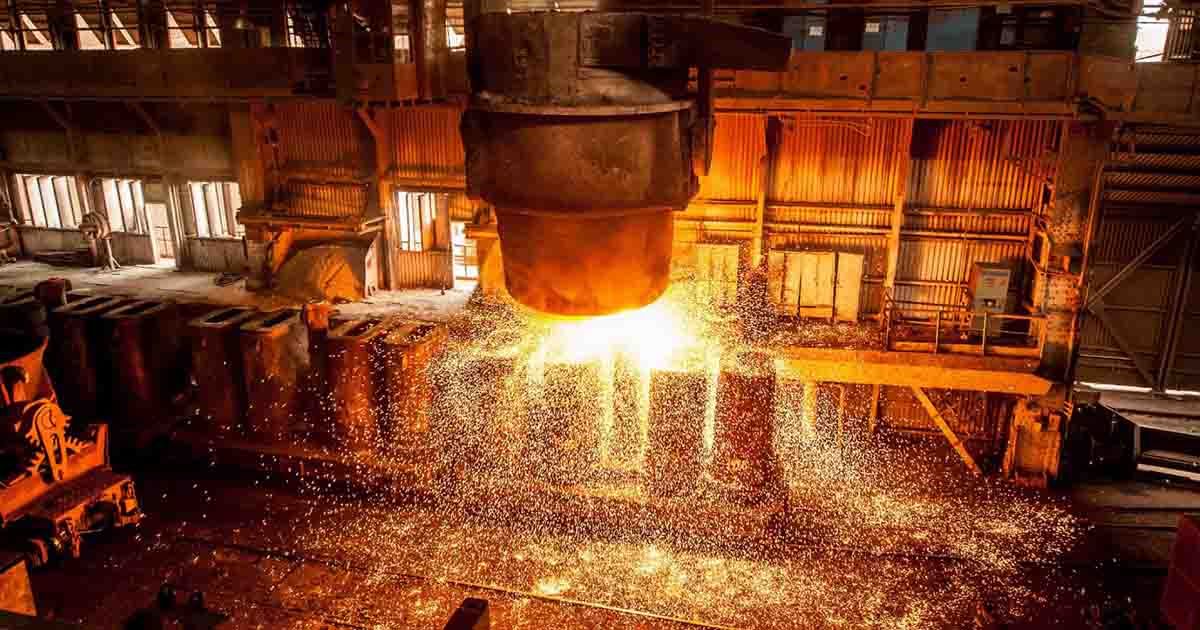The Privatisation Commission (PC) board on earlier yesterday approved the transaction structure for the sale of ailing Pakistan Steel Mills (PSM), recommending the government to retain Rs142 billion in liabilities and the entire land area, but transfer operating assets and regular employees-related liabilities to the buyer.
Headed by Mohammad Zubair, PC Chairman, the board approved the sale of a minimum 75% stake. The transaction structure needs to be approved by the Cabinet Committee on Privatisation.
The main feature is that PSM Corporation will be split. The government will keep 19,018 acres of land, provisionally valued at Rs150 billion, besides retaining Rs142 billion worth of liabilities.
Under the proposed structure, total assets are estimated at Rs243.5 billion against total liabilities of Rs183.5 billion.
Of the assets, the value of land is estimated at Rs150 billion. The remaining assets of Rs93.5 billion or 38% are proposed to be transferred to the buyer, according to PC officials.
Of the total liabilities, the buyer will bear the burden of only Rs41.6 billion while the rest will be kept by the government, according to the officials. The purpose of erasing liabilities from the books of PSM was to make it attractive for the buyer, they said.
Among the assets, the buyer will get Rs44.6 billion worth of plant and the building valuing Rs27.5 billion. Among the liabilities, the buyer will bear the burden of Rs28 billion worth of liabilities of regular employees and other liabilities of Rs13.7 billion related to K-Electric and trade creditors. The government’s only asset is the land but the officials say there are questions about its mutation.
Non-core assets of PSM like medical facilities, academic institutions, housing society, fruit farms, parks, commercial outlets, other facilities and staff employed in such facilities and businesses will be left with the government.
Among the liabilities, the government will pick Rs35.4 billion in payables to Sui Southern Gas Company, Rs50.5 billion of National Bank of Pakistan, Rs33 billion of federal government loans and Rs23 billion employees-related liabilities.
However, the biggest question was over the proposal that out of 19,018 acres of land, the PC would give 4,444 acres to the investor on lease for 33 years, said the officials. The buyer could then borrow funds from banks by showing the lease of land in the company’s balance sheet.
According to the transaction structure, the remaining 14,574 acres should be managed by the government through an enterprise.
The purpose of giving the land on lease was to avoid litigation as in many cases land titles were not cleared and the Sindh government also claimed pieces of land, they added.
A consortium comprising Pak-China Investment Bank, China Development Bank Securities, Ferguson & Co, Cornelius, Lane & Mufti, Abacus Consulting, Sino Steel and Iqbal Nanjee & Co came up with the transaction structure.
The government has vowed that it will complete the sell-off process by December this year, but it is likely to miss the deadline, as the transaction structure approved by the PC board shows that a lot more work needs to be done.
The financial advisers had recommended only one option to the board, which restricted the government’s choices, said the officials.
PSM is running at 1% of capacity despite an injection of over Rs22 billion by the government for enhancing capacity utilisation to 77%.
PSM is the largest and the only integrated steel plant in the country with installed production capacity of 1.1 million tons per year that can be expanded to 3 million tons. It was established in 1984 with the techno-financial assistance of the former Soviet Union at a cost of around Rs24.7 billion.
Read : PSM receives Rs1.75bn






